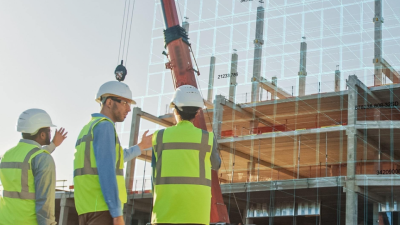
New technologies to improve health and safety performance
Discovering Safety joins forces with Safetytech Accelerator to build a Smarter Regulation Sandbox.
This page is approximately a 2 minute read
This page was published on
Resilience describes systems being able to withstand, respond and or adapt to a vast range of disruptive events by preserving and even enhancing critical functionality. The term is used widely in many disciplines, but ways of measuring the resilience of socio-technical systems are not well established. Rigorous methodologies and standards are needed to support the uptake and impact of resilience engineering.
Resilience can be built by developing capabilities to monitor, respond, anticipate and learn. Challenges to resilience include:
Improving the resilience of socio-technical systems will require a multi-disciplinary approach including engineering; the natural, physical, and social sciences; economics; and policy.
Solutions will require assessment and predictive capabilities that do not presently exist, including identification, collection and analysis of relevant data. Pro-active approaches such as ‘Safety 2’ and performance-based engineering can preserve critical system functionality in the face of anticipated and unanticipated conditions. The report also identifies the serious challenge of retrofitting existing systems.
The Foresight Review recommends a wide range of possible actions and interventions that could support urban resilience. These range from:
If you wish to use and reference Foresight Review of Resilience Engineering, please include the following DOI: https://doi.org/10.60743/nhyy-n773.
Example Citation in Harvard Style:
Lloyd's Register Foundation (2015) Foresight Review of Resilience Engineering. Lloyd's Register Foundation. doi: 10.60743/NHYY-N773.
We created this review to identify aspects of resilience engineering that align with our charitable objectives and how we can make a distinctive positive societal impact. (PDF, 3.89MB)
